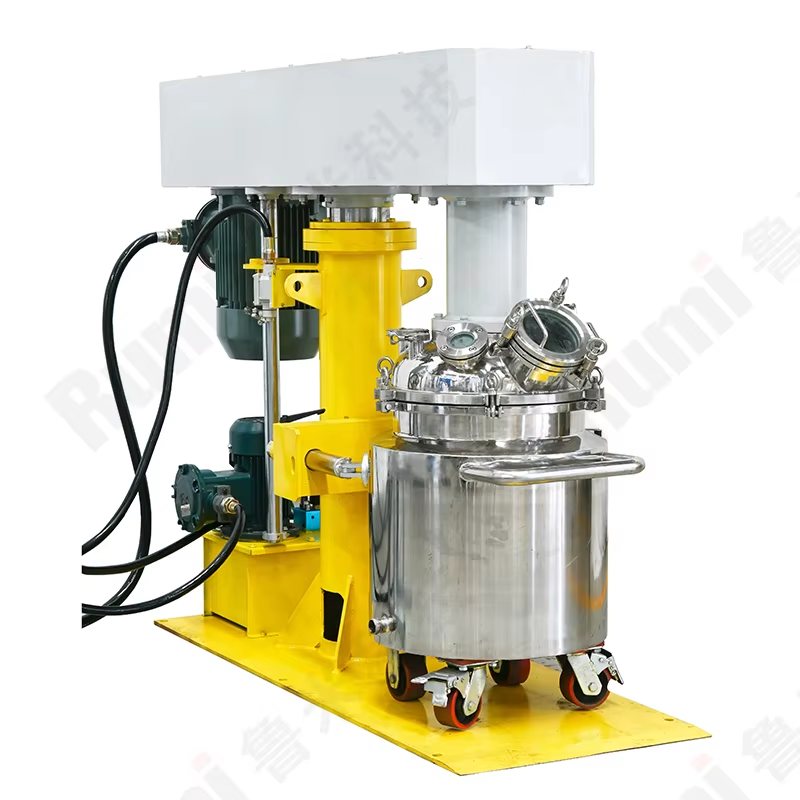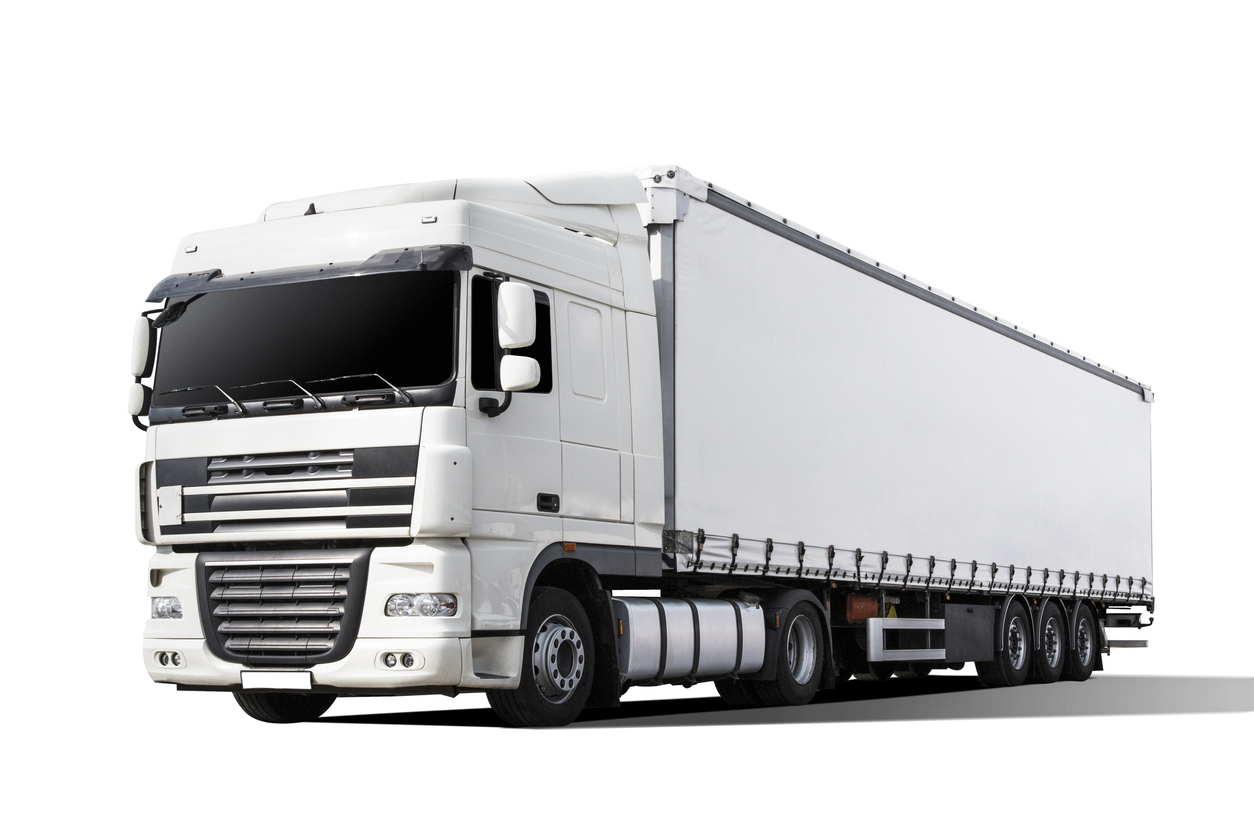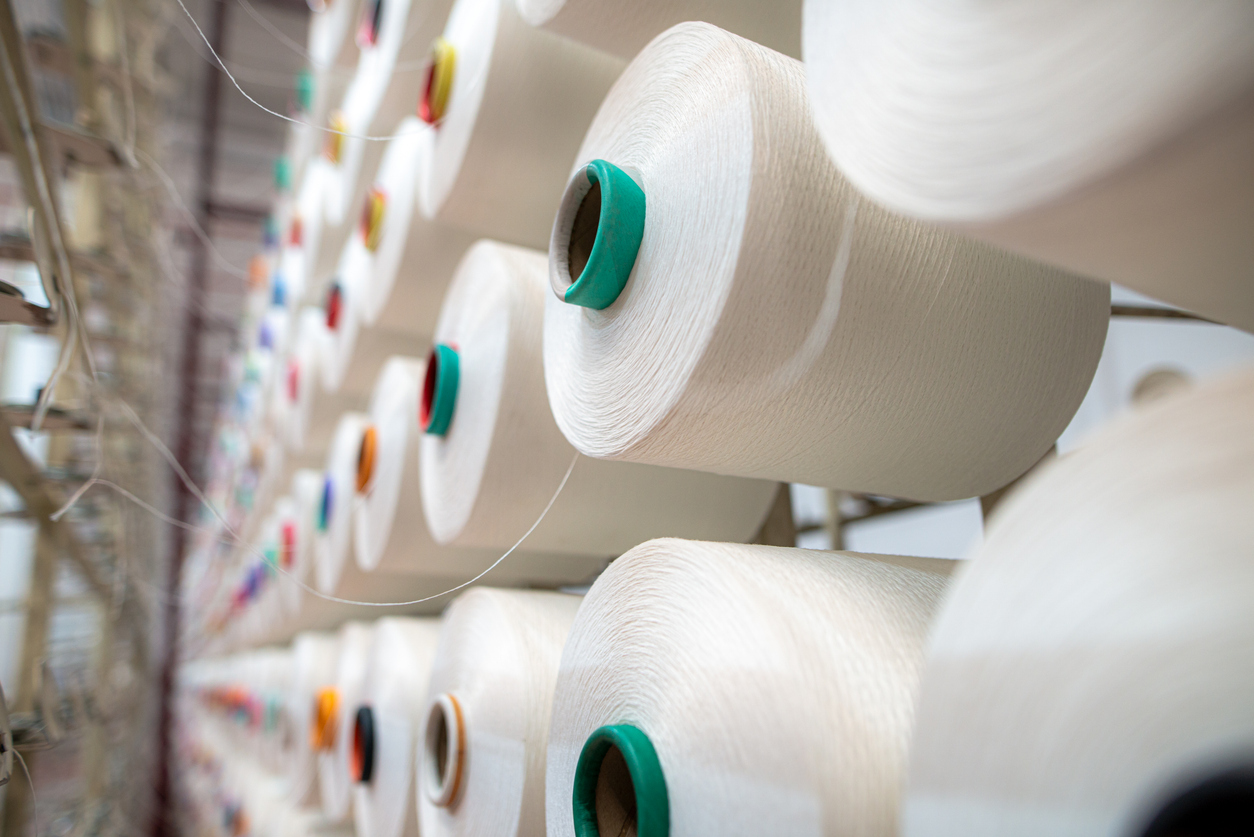How to Import Goods from Panama to Nigeria.
How to Import Goods from Panama to Nigeria.
Nigeria is an extremely competitive market. A lot of businesses are vying for customers and they need to find new ways to keep customers coming back. One way is to offer imported goods, which can help set your business apart. However, it is not always easy (or cheap) to import goods from one country to another. To make the process easier, here is a guide on how you can import goods from Panama to Nigeria.
What is the process for importing goods?
The process for importing goods from Panama to Nigeria is straightforward. However, before you begin, it is important that you have an idea of what you are looking to import and the type of products that interest you most.
As a rule of thumb, the more specific your product search, the better. This will help if you are looking for a specific brand or product name.
Next, find out what type of procedure is necessary in Panama in order to export your desired goods to Nigeria. In some cases, there may be a need for special licenses.
If a license is needed, contact a customs broker in Panama and ask about their services. They may provide consulting on the process and explain how they can help with obtaining the required permits from the Panamanian government
In general, there are two options for importing goods from one country to another: air freight or ocean freight. Air freight is often used when importing smaller quantities because it is cheaper and faster than ocean freight. On average airfreight takes six days while ocean freight can take up to three weeks or more depending on where it’s going and how big it is.
How to set up your business in Nigeria
To set up a business in Nigeria, you will need to register it. To do this, go to the website of the Corporate Affairs Commission and fill out all the necessary information. You can also find more information on overseas websites like www.overseasfirms.com.
When your overseas company is registered in Nigeria, you can then import goods from Panama to Nigeria by establishing a local Nigerian company (with an Authorized Economic Operator licence) or by importing goods through a third party or agent.
The Nigerian government only allows Nigerians to import goods worth N500,000 ($1,000 USD) or less without paying any duties and taxes. If you want to bring in goods worth more than that, then you’ll need an Authorized Economic Operator licence and pay import duties and taxes accordingly.
One way to get around this is by registering your company as an Authorized Economic Operator with the Nigerian Customs Service at least three months before importing any merchandise into the country. This will allow you to bring in as much as $30 million worth of imports without paying any import duties or taxes until your first year of operation is over.
The Panama-Nigeria Trade Agreement
In order to import goods from Panama to Nigeria, the first thing you will need to do is understand the Panama-Nigeria trade agreement.
There are a few rules that you must follow before you ship any goods from Panama to Nigeria. For starters, any products that have been used or refurbished cannot be imported. You must also have an export certificate, which is issued by the Panamanian Ministry of Economy and Finance.
Also, all goods that are being imported into Nigeria must be accompanied by an invoice with the following information:
· The commercial invoice number
· Date of purchase (month and year)
· Nature of commodity (item description)
· Quantity (in kilograms)
· Unit price (in cordobas or dollars)
· Total import value (in Nigerian naira equivalent)
How to find a reliable supplier
Finding a reliable supplier is essential to your business’s success.
You’ll need to find a supplier that will provide the goods you are interested in at the best possible price. Finding a reliable supplier might sound easy, but can be difficult with all the different products and providers on the market.
It’s important to research your potential suppliers before you make commitments or sign contracts. You don’t want to end up with an unreliable supplier, which could lead to delayed shipments, incorrect orders, or even not delivering anything at all.
To start your search for a reliable supplier, start by looking for companies that have been providing these types of services for many years. If they’ve been in business long enough then it’s likely they are experienced and have developed connections with other reputable suppliers. If you find this information about them online then it should be safe to assume they are trustworthy.
Next, look for reviews about their service quality, shipping processes, and how they treat customers on social media sites like Yelp or Facebook—this will give you some insight into their customer service practices.
What if my goods are seized by custom officials?
One of the most common problems when importing goods to Nigeria is that they are seized by custom officials. This can happen if your shipment contains prohibited products.
Luckily, there are a few things you can do to avoid this scenario.
The first thing you should do is research the customs regulations for Nigeria so you know what is legal and what isn’t. Avoid illegal items when possible, but if you do have them in your shipment, be sure to declare them so they are not seized by custom officials.
You should also have a reliable shipping company. Your shipment will be in good hands with us because we provide door-to-door delivery service that includes customs clearance at no extra charge! We’ve been delivering shipments to Nigeria since 2006 and know how to successfully deliver your shipment.
Lastly, hire local help in Nigeria to handle customs clearance in person on behalf of your company. Talk with an expert like us about designing a customized importation strategy for your business!
Other tips when importing goods
One of the best ways to save money is by importing goods from other countries. This can be done through a shipping company, which will transport your goods and import them for you on arrival in Nigeria.
Another way to save money is to check with your destination country’s customs office to see what documents and items you need before you ship the goods. You may also need an export license or certificate, which can be obtained from your country’s embassy in the destination country.
If you’re taking the route of air cargo, then check with your company about their policy on carrying dangerous goods. You want to make sure that they will not refuse to carry the item because it poses a danger or restriction during travel.
You should also have someone in Nigeria who is authorized to receive the shipment for you so you don’t have any hassles when it arrives.
You may also want to contact an international freight forwarder to help with all of these steps so that everything goes smoothly when transporting your goods to Nigeria.
Conclusion
This blog outlines the process of importing goods, from setting up your business in Nigeria, to finding a reliable supplier in Panama, to the Panama-Nigeria Trade Agreement. It also includes other tips for importing goods, in case your goods are seized by customs officials.
If you are interested in importing goods to Nigeria, this article will provide you with all the information you need to make your venture a success.








LEAVE A COMMENT
You must be logged in to post a comment.